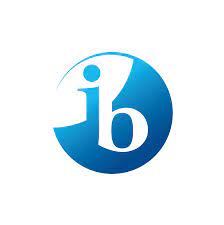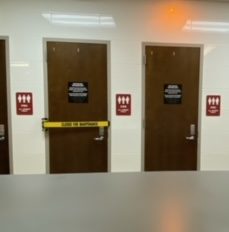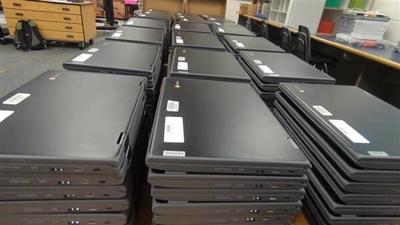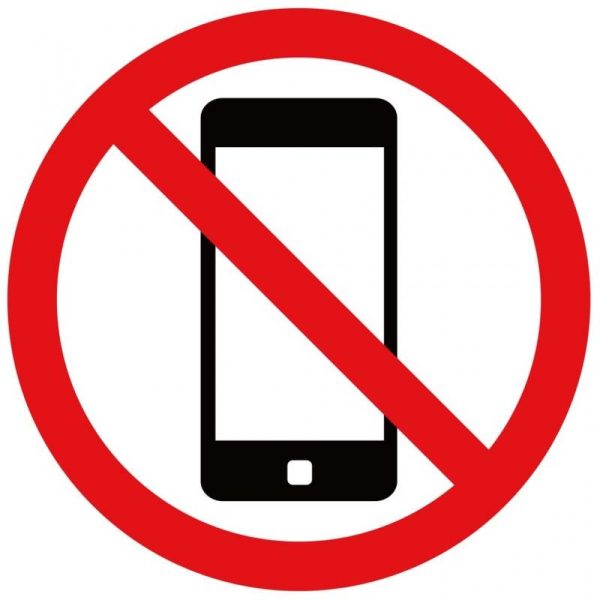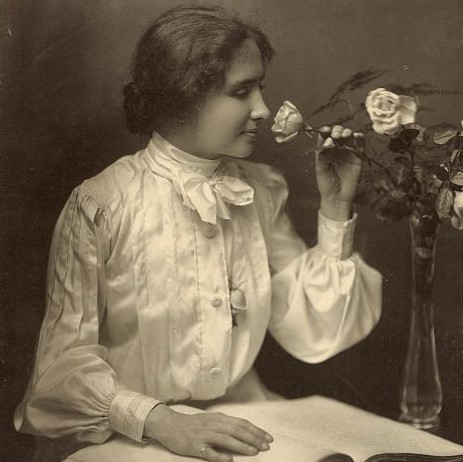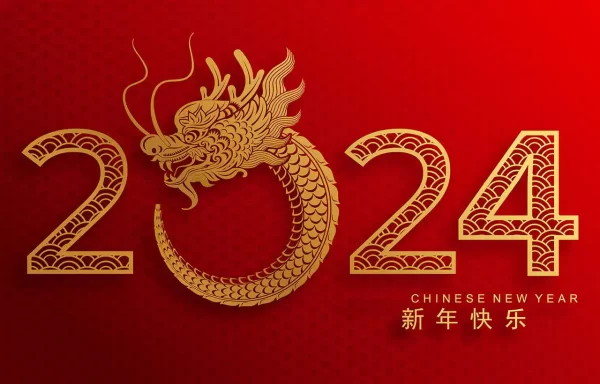What is IB and How Will it Affect Our School?
April 12, 2023
IB or International Baccalaureate, is a type of course coming to Heritage for the first time in the 2024-2025 school year. While IB will be new to Heritage, the program itself is nothing new, having been around since 1968. Similar to AP and DE courses, IB consists of many different two year courses on a variety of subjects, ranging from Theater to Physics. These classes will be rigorous, and some colleges may offer credits to students who perform well on the tests at the end of the class. IB will first be available to current 9th graders (Class of 2026) and all those in grade levels below.
While IB classes can be taken individually, there is a key distinction that makes them especially beneficial. According to Fernando Uribarri, Heritage’s IB Coordinator, who emphasizes that he has never taught AP courses, “There’s this other component called the IB Diploma Program.” This program consists of taking six classes across different subject areas, a Theory of Knowledge Class, an essay, and service, creativity and activity hours designed to “extend your learning into the community” , says Urribari. He went on to emphasize that, “IB is a program, AP is not a program, but both classes will get you college credit, both classes are rigorous.”
It is worth noting that IB will not remove other rigorous courses. Heritage has emphasized its commitment to keeping DE classes (college level classes in partnership with NOVA Community College), and the only AP classes that will be removed will be ones with direct alternatives in IB classes. Classes such as AP Literature and AP US History will likely be discontinued, while courses such as AP Seminar and AP Government may continue being offered.
IB classes will be different from many other classes in a number of ways. According to Mr. Uribarri, “The IB program puts the learner in a global context, they have to be drawing from what is going on, not just at a regional level, but at a global level and making those connections.” IB will also be focusing on certain skills in the classroom, namely, thinking, communication, social skills, self-management, and research skills. The actual classroom experience will also be different, students will “See a bigger emphasis on Inquiry, you’re going to see more student driven inquiry projects where students are investigating an area that is of particular interest to them and that will draw on their strengths.” Urribari explained.
Another important part of the IB Diploma Program is the Theory of Knowledge (TOK) course. Unlike other IB courses, this course will only be open to candidates for the full IB diploma. Not only does the class focus on discovering and developing past limitations as a learner, it also focuses on finding links. These links will serve students well, providing one of the main reasons why, “IB candidates are so desirable to schools” Uribarri continued to state the importance of TOK by explaining, “ It will help you bridge and see connections and similarities as well as differences between the disciplines. But that’s where the real innovation happens in American society, that’s where the real innovation happens for the future in being able to draw connections between different academic disciplines and invent something new.”
IB will also have a massive impact on our school. While there is an unlimited number of spots in the IB program for students at Heritage, an additional 130 spots will be open to students from other schools. These students will attend Heritage full time and will be full IB Diploma Candidates. After next year, 65 students will join the Freshman class for the IB Program each year. Heritage is “pretty confident” that somewhere between 120-130 students will commit to the IB program and come make Heritage their new school.
One challenge of incorporating the IB program into Heritage is the mandatory Personal Finance and Economics credit required to graduate in the state of Virginia. This class was traditionally taken during a student’s Junior year, and that is still an option, but given the already high workload with the IB course, Uribarri “isn’t a fan” of that approach. However, there are several other approaches to get around this requirement. Firstly, taking it virtually either over the summer or during the school year. Students interested in the IB program may also be able to take it as an 8th class during their Sophomore years. Additionally, the IB classes IB Economics and IB Business Management, will both fulfill this credit, so if offered, they may prove to be a good solution.
Another issue presented by IB is the language class required for students. The IB of a language is similar to levels 5-6 of a language class, so students who didn’t start a language until high school would have trouble keeping up with those classes. Fortunately, the IB program developed the Ab Initio Exam (Latin for in the beginning). This exam, while not giving college credit like other IB exams, would allow for students to still fulfill the language credit required for the IB Diploma.
The downside to IB however, is similar to that with AP. Receiving college credit for IB is entirely reliant on the end of class exams, exams which will completely determine how much college credit and whether a student even receives an IB Diploma. This means students who perform poorly on standardized tests may find receiving an IB Diploma an extremely difficult task.
Lastly, for those interested in the IB DIploma program and wishing to prepare themselves for it, Mr. Uribarri mentioned several things students should do to prepare for the program. Firstly, he advises students to challenge themselves with Honors and Research level classes. He suggests that students in their time in honors courses should, “[Have been] able to manage the workload, because with the full IB diploma there’s a lot of work, there’s alot of management.” He also emphasized that students should have, “[a] commitment to continuous improvement to reflection, to being able to learn from mistakes, that you’re willing to challenge yourself.”
Whether students are interested in taking a few IB courses, the full IB Diploma, or even none at all, it is clear IB will have a profound impact on Heritage. The program’s holistic approach to developing students as learners will provide a new approach to learning that will create new opportunities for students at Heritage. Students can also expect to meet new students, due to students moving here to the IB program. For more information about the IB program, contact Heritages IB Coordinator, Fernando Uribarri ([email protected]).
